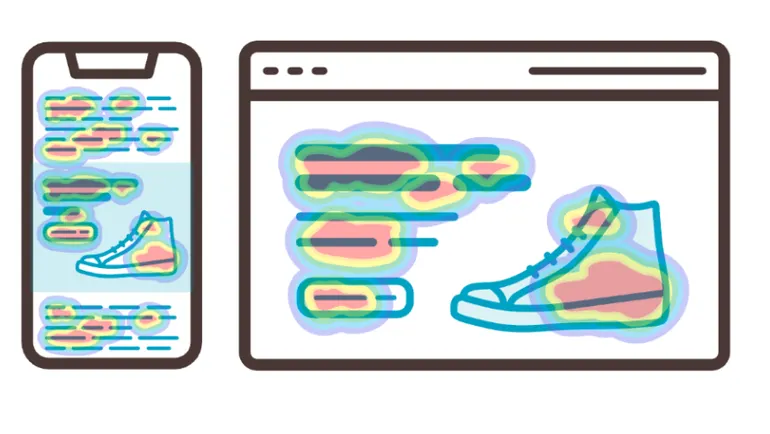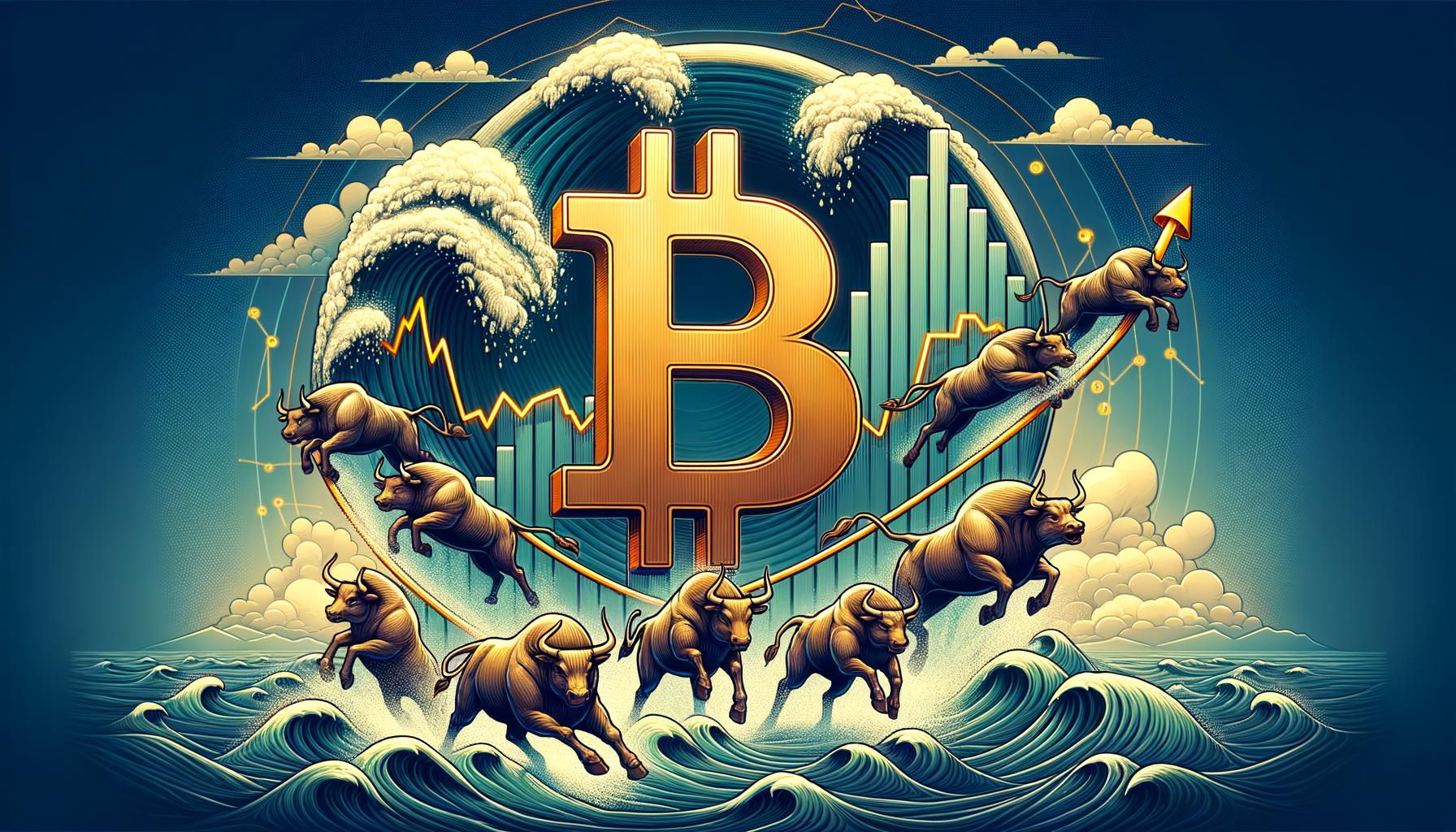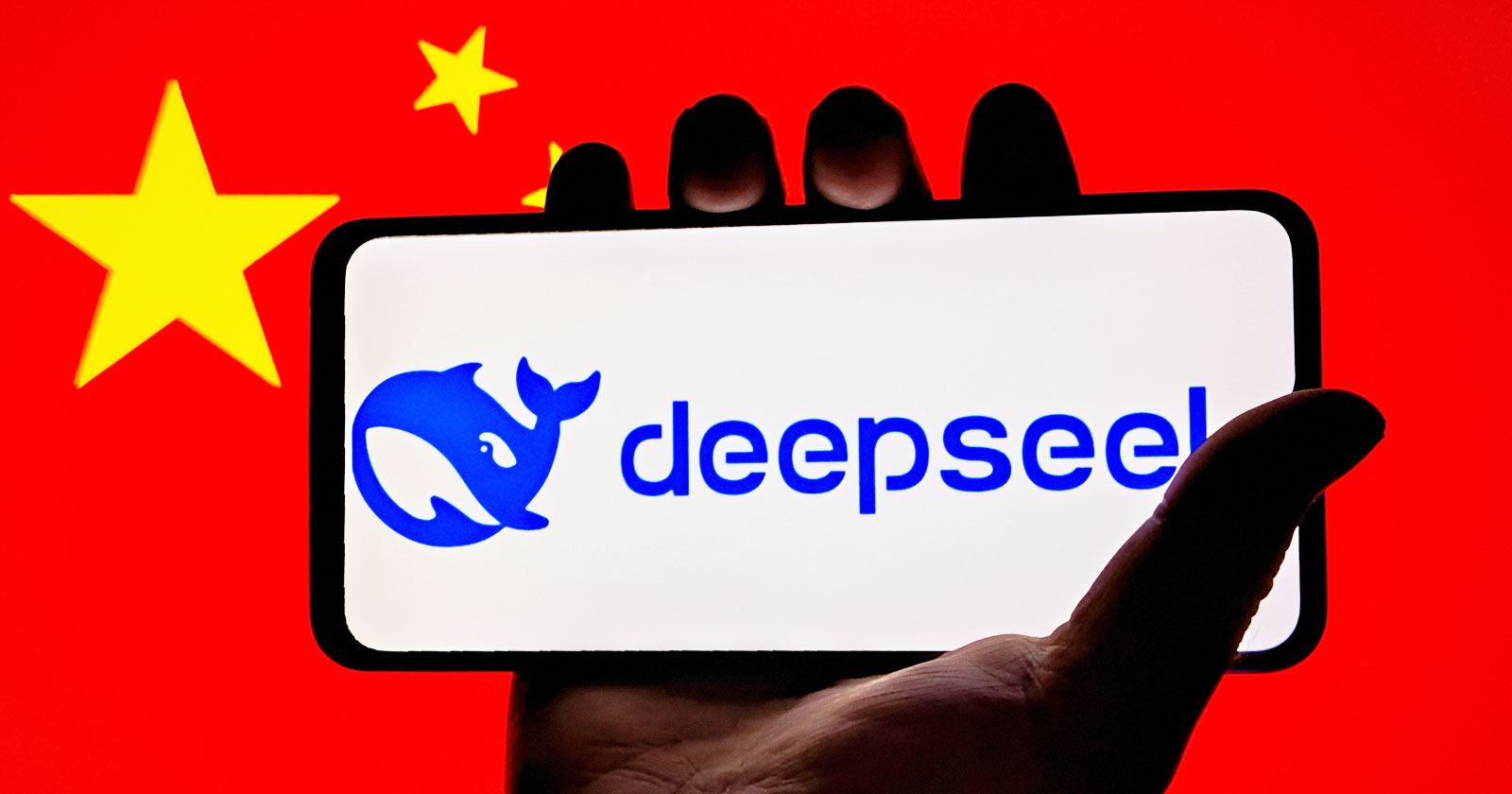Fake Twitter accounts are the latest brand safety concern for advertisers
Marketers are besieged by phony blue check marks making mockeries of their public Twitter accounts.

That was not really Nintendo posting a picture of Mario flipping off Twitter. And that was not Pepsi’s official account calling Coca-Cola the better soda. And Eli Lilly was not tweeting about giving away insulin. Those were just Twitter brand impersonators, and the latest agents of chaos overwhelming the service since Elon Musk started ripping out the wiring.
This week, brands were being impersonated left and right on Twitter because of one of Musk’s first business decisions since buying Twitter last month. Musk has been looking to change the verification system, so anyone could buy a blue check mark for $8 per month, giving that account a badge of authenticity.

After the announcements, those Twitter users with blue checks started making fun of the new boss by impersonating Musk on Twitter, which led Musk to suspend their accounts. These included the accounts of people such as comedian and online activist Kathy Griffin, who trolled the billionaire by pretending to be him using her blue check.
Quickly, blue checks became a brand safety issue. By Thursday, one major media holding company issued a warning about the possibility of brands being attacked on Twitter by bad actors armed with newly purchased blue checks. A leader at the holding company, who spoke on the condition of anonymity, said that the potential for impersonation was the latest sign that Twitter is going downhill as a place for advertisers, and Musk’s attempts to calm the atmosphere by talking with top advertisers, did not inspire confidence. “Basically, a bad situation has gotten worse,” this person said. “It’s deteriorated.”
Read more: Twitter ad updates—tracking brand reactions to Musk
The holding company sent an internal memo to its teams warning about impersonations on Twitter. This follows other holding companies, including IPG’s Mediabrands, which had already warned brands not to spend money on Twitter until Musk can assure marketers that the platform will remain viable in terms of brand safety and suitability.
Brand impersonations were not even the No. 1 advertiser fear until recent days. Marketers were mostly concerned about the potential for hate speech on Twitter after Musk bought the company, because he promised looser moderation policies to enable more free-flowing conversation. For advertisers, that raised alarms about more harassment, trolls and possible racism.
The latest issue
This week, though, Twitter was seeing a new type of trolling behavior targeting brands using blue check marks, which were on sale as one of Musk’s moneymaking ideas. Musk wanted to “democratize” the ability for anyone to get verified on Twitter by charging $8 a month as part of a premium subscription. But then accounts with blue checks, and with profile names similar to brands, started deceptively tweeting. One blue check under a profile name “Nintendo of America” tweeted an image of Mario giving the finger. Another blue check with the handle “@pepico” tweeted: Coke is better. Notice the handle was not from @PepsiCo, the official Pepsi account.
Musk was clearly aware that selling blue check marks could lead to brand fakers, since it was one of the topics he raised in a Twitter Spaces meeting on Wednesday. During the online talk hosted by Musk, which eventually drew more than 1 million listeners, he discussed his vision for Twitter and his plans to accommodate advertisers.

“We’re going to be extremely vigorous about eliminating deception, so if someone tries to impersonate a brand, that account will be suspended,” Musk said on the audio call, “and we’ll keep their $8, and they can keep doing that, and we’ll just keep their $8 again, and keep their $8 again. Great, do it all day long. They will stop ... it starts to get expensive, and it starts to need a lot of credit cards and a lot of phones, and eventually they will stop trying.”
Well, the impersonators did not stop before Musk backtracked on the policy of selling blue checks. By late Thursday, Twitter put a pause on allowing anyone to purchase a blue check mark, and Twitter re-implemented another verification tool that Musk rejected once already—the “official” tag that could accompany certain verified accounts. On Friday, more brands were appearing with an “official” tag, below the blue check mark, to denote that those accounts were in fact the actual brands on Twitter.
Most of the impersonations were harmless, but they did target major brands. In one case, a fake account for pharmaceutical company Eli Lilly tweeted: “We are excited to announce insulin is free now.” That received hundreds of retweets and thousands of likes, prompting the real Eli Lilly to apologize for the misleading tweet from a “fake” account.
There was even a fake Tesla account, impersonating the electric car brand founded by Musk. He is having a hard time controlling Twitter advertising issues, and there has been a brand revolt. Many advertisers already pulled their spending on the service immediately following Musk’s takeover, while they waited to see what policies and procedures he implemented to keep the service safe.
'Misconstruing it as a badge of coolness'
“The verification issue strikes at heart of what brand safety is all about,” said Noah Mallin, chief strategy officer at IMGN Media, a media and tech company. Musk seemed to think blue check marks were status symbols, coveted by elite Twitter users, rather than tools for ensuring conversations were authentic. “To completely screw up what should be a cornerstone of brand safety,” Mallin said, “by misconstruing it as a badge of coolness that someone can pay for, versus a way to verify that someone posting something is the genuine article, is mind-boggling.”

Musk only assumed control of the company two weeks ago, and there have already been mass layoffs and an exodus of some of the top executives who knew brand partners the best. Twitter lost Sarah Personette, chief customer officer; Stephanie Prager, head of global business partners; and JP Maheu, head of agency and brand partnerships. Robin Wheeler stepped up as head of client solutions, and she was on the call with Musk on Twitter Spaces on Wednesday, speaking on behalf of advertising clients. On Thursday, it was reported that Wheeler was leaving the company before being persuaded to stay.
One major ad buyer at a top agency said that the chaos at Twitter is taking a toll on marketers, who are finding it easier to just pause spending while the platform sorts itself out. This agency exec said that half the firm’s clients stopped buying ads on Twitter in recent weeks. “Brands do not love volatility uncertainty, complexity and ambiguity in the ad platform itself,” this agency exec said.
“From an organic posting standpoint,” this agency exec said, “almost no one is stopping posting, right, which is fascinating, so like organically executives are still tweeting, and brands are still posting from handles.”

 ShanonG
ShanonG 






























